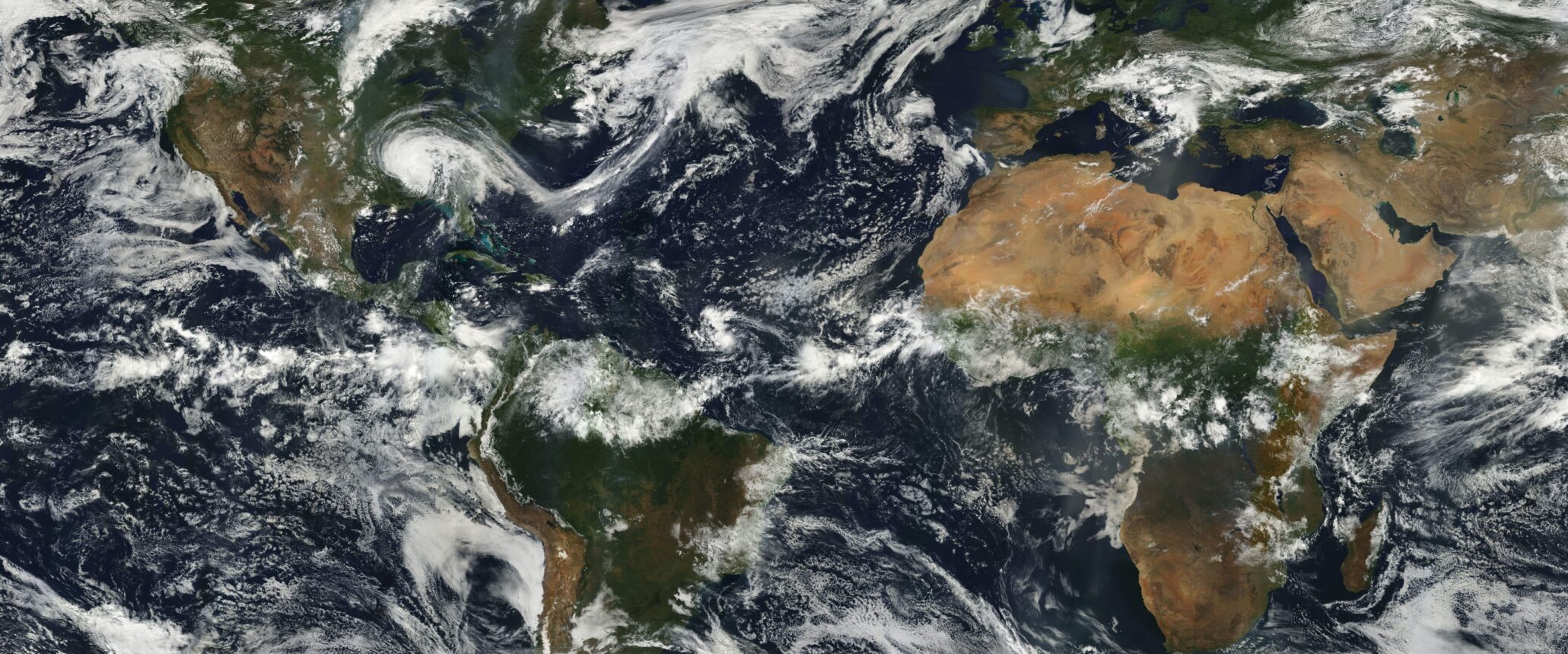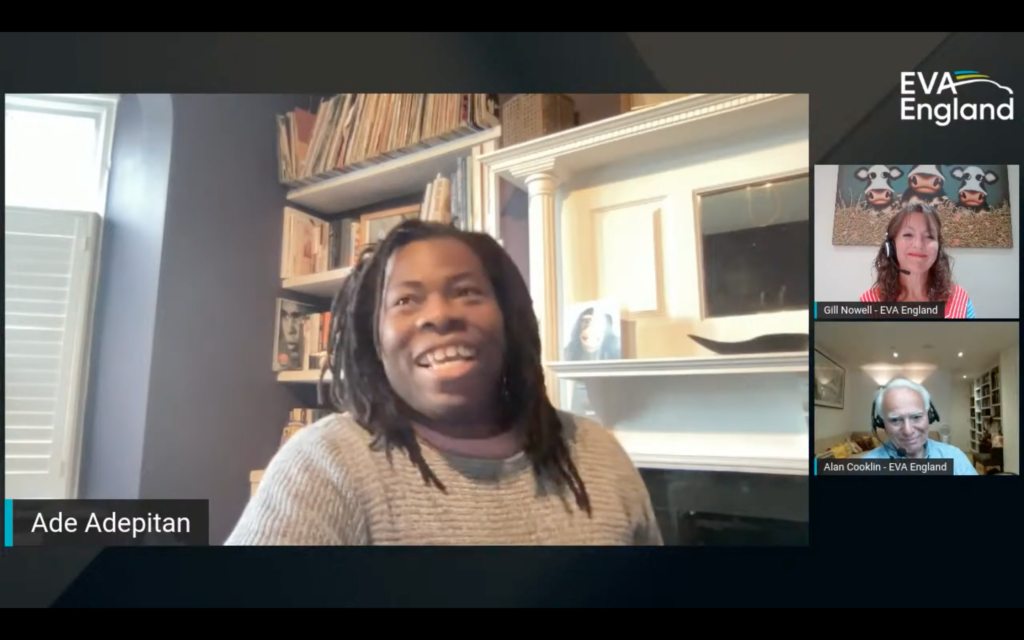

Five things we learned from Ade Adepitan on electric cars & climate change
Written by Christina Hink, Operations Manager at EVA England
For those who know us and those who may not yet know us, EVA England was the product of a chat between two EV drivers at a public chargepoint. What began as a conversation over the state of charging in England soon led to weekly meetings over Zoom and eventually to our incorporation as a non-profit community interest company in June 2020.
In the spirit of that initial chargepoint chat and the change a simple conversation can bring about, we recently hosted the inaugural installation of our new webinar series Chargepoint Chats. Our first online event featured Paralympian, BBC presenter and EVA England Honorary Member Ade Adepitan MBE.
In case you missed the Chargepoint Chat, we’ve summed up five things we learned from Ade on electric cars and climate change.

Ade shared with us his reasons for making the electric switch, and it is for reasons to which many of us can relate. Aware of the environmental impacts of petrol/diesel driving, Ade decided to switch to electric.
Climate change, he acknowledged, can seem overwhelming. It isn’t easy to know how one person can begin to make a difference. Driving electric is one small step a driver can take in the battle against climate change.
Ade shared that once he made the switch to an electric vehicle, he fell in love with electric driving – although it took a day or so to adjust to the hum of an EV rather than the whirs and clanks of a combustion engine.
Range Anxiety is fast becoming a non-issue as battery technology improves and range increases. Ade highlighted that range anxiety these days comes from our familiarity with combustion cars.
There was only one instance in which Ade felt he would run out of charge as he circled the roundabout at Scotch Corner in Richmond in desperate search of a supercharger.
He shared with us that since then, he has travelled to and from Edinburgh with no issues. On a trip to Cornwall, he eked in with roughly 20 miles of charge left. The sheer amount of destination chargers meant that he had no issues recharging upon arrival.
In typical Ade style, he encouraged others not to let range anxiety put them off going electric – if he can overcome it, so can others.
The story of climate change is often told through science. However, there is also a human element of the story that needs to be shared. In Ade’s most recent work for BBC Two, Climate Change: Ade on the Frontline, Ade traversed the globe searching for the stories of the societies living with the direct impacts of climate change.
Ade ultimately wanted to share hope through human stories to educate and inspire viewers in the UK. Climate change is a considerable challenge but together with science and human endeavour, we can change it, we can make a difference.
Bhutan is a remarkable country for many reasons, not least because they are guided by Gross National Happiness (GNH). GNH is an index by which the collective happiness and well-being of its citizens are measured.
It is also remarkable for being the only carbon-negative country in the world – it absorbs more carbon than it produces.
One initiative that has led to its carbon-negative status is its annual tree planting day. It even broke the Guinness World Record for most trees planted in one hour in 2015. The initiative is but one small idea from which Ade believes the UK could benefit.
There are many individual things you can do. Ade himself drives an electric vehicle but he will also push to places more or use public transport. He eats far less meat because of the impacts of animal production on the planet. He flies less and acknowledges that pressure needs to be put on the aviation industry to find alternative fuels for their planes.
It’s challenging to confront tough issues, such as climate change. The single most important action an individual can take is to educate themselves. We need to learn more about the importance of living for our planet rather than taking from our planet.
Indeed, our Chargepoint Chat with Ade inspired us to learn more and empowered us to continue to take small actions in the fight against climate change. It also gave us hope that we can make a difference, and we hope it encouraged others to learn more and make a difference.
Find out more
If you want to check out the recording of the event, then head on over to our YouTube channel. Our next Chargepoint Chat will be with actor, presenter and all-around EV champion Robert Llewellyn. It is scheduled to take place in the autumn.
About Ade Adepitan
Ade Adepitan MBE is a TV presenter, journalist, author and former international Paralympic wheelchair basketball player. Ade supports several charities and has more recently become known as a children’s author, releasing two children’s books surrounding stories of his own childhood. His most recent BBC Two programme, Climate Change: Ade on the Frontline, saw Ade travel to communities on the frontline of climate change and explore potential solutions.
Christina Hink, PhD is the Operations Manager at EVA England. Having joined the EVA England Team in its early days, Christina has overseen its research outputs to date, crafted the Members’ Pack and is keen to ensure that every member feels supported along their electric journey.